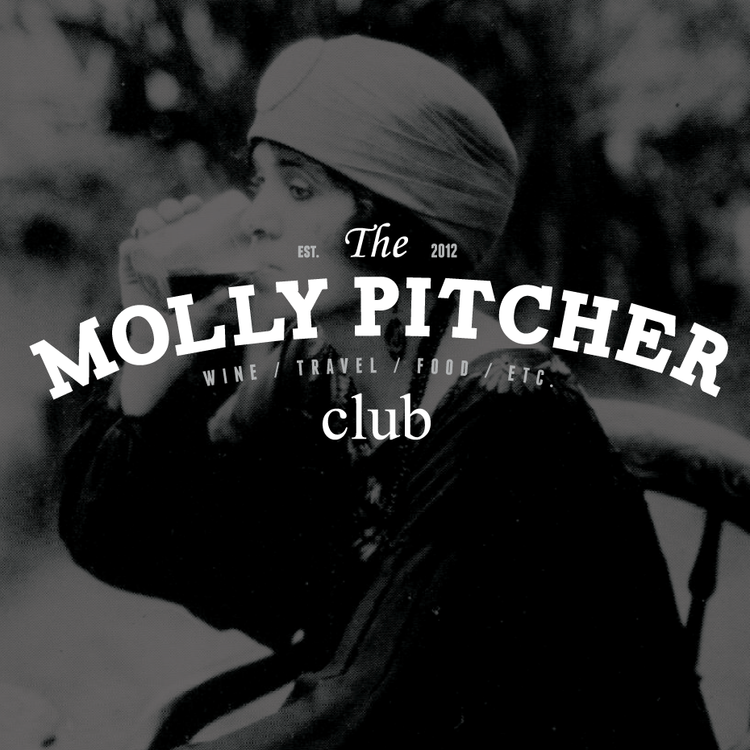What is Meritage?
"In victory, you deserve champagne, in defeat, you need it." ~Napoleon
Who doesn't love a reference that ties history, war and wine together?! The only thing that would make this post better is a way to call out the French... oh wait! We still can! This post will cover some history of the Bordeaux blend, French wine law, and the emergence of Meritage (pronounced like "heritage").
Surprisingly, and not so surprisingly, this post is one of the first to discuss French wine. I am surprised because France is the largest wine producer, in the world. (Producing approximately 8 billion bottles a year). But, I am also not surprised we have yet to cover France because there is a scary amount of information to cover.
I mean scary.
So let's start with one of the most popular regions in France, Bordeaux.
The History of Wine Making in Bordeaux.
Of course, the history of
vinifera
vines in this region can be traced back to the Romans, who introduced wine production in the first century. Bordeaux wines have been popular internationally since the 12th century. (Not too shabby, right?) In fact, some even suggest that the marriage of King Henry II of England to Eleanor of Acquitane was primarily so the English could secure access to Bordeaux wine, also known as "claret." Bordeaux has remained successful ever since, thanks in part, to its iconic terroir. Generally, the Bordeaux sub-regions include: Right-bank and Left-bank (include Graves and
Méd
oc).
So what is the Bordeaux Blend?
The short answer, a blend of 5 grapes (most notably red) including, Cabernet Sauvignon, Cabernet Franc, Merlot, Petit Verdot and Malbec. Some also argue
Carménère was part of the original blend, but today it, along with Malbec, is less frequently used. There is also a traditional Bordeaux blend with white grapes, including
Sémillon
,
Sauvignon blanc
and
Muscadelle. But let's be honest, when we think Bordeaux, we think red.
So what is Meritage exactly?
Well, according to the Meritage Alliance
, Meritage is a name created by New World winemakers to identify wine made from the "noble" Bordeaux varietals. From my legally trained perspective, I see Meritage as a (very clever) way for New World winemakers to avoid legal ramifications under the French
Appellation d'Origine Contrôlée system.
To get technical for a moment, the French AOC system is governed by the Institut National des Appellations d'Origine or
INAO. This board ensures that all French winemakers are meeting quality standards
and
protects the French wine making brand. Basically, words like Loire Valley, Champagne and Bordeaux are protected marks of the INAO as indicators of origin and quality. So, it is illegal for California winemakers to label their "Bordeaux style" wine with the name Bordeaux because it infringes on French property.
Enter clever New World Winemakers!
So, in order to get around French law
and
come up with a name for wine made in California that was a blend of several varietals (specifically the Bordeaux blend) ...
Meritage
was born! Today, in order to use Meritage on your label, you must obtain a license from the Meritage Alliance and comply with their high quality requirements. Generally, Meritage has had limited success because American wineries are allowed to use other fanciful names to label their red blends, such as, "Red Velvet, Ameritage or Diamond Scarlet."
Now, since we have master Meritage, let's talk Pinotage.
I will let you in on the difference between Meritage and Pinotage.
First,
they are pronounced differently. Meritage, like "heritage" and Pinotage, like "
Pin
no
tajge
." The mis-prounounciation of wine terms is by far my biggest pet peeve (and I am no expert) so if you struggle sometimes like me, check out this awesome
, for pronunciation tips.
Second,
Pinotage is actually the name of a grape, not a blend. Pinotage is the signature varietal in South Africa and is a cross between Pinot Noir and Cinsault. The grape produces wine with mixed popularity in South Africa, so if you find a producer you enjoy, be sure to leave a comment below!
Cheers!



